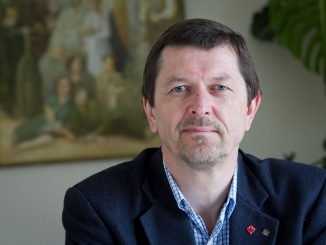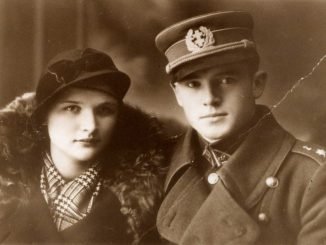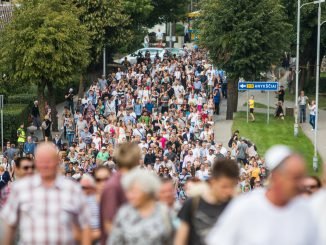The recent assertion by the Mayor of Vilnius, Remigijus Šimašius, regarding the Lithuanian diplomat and military officer, Col. Kazys Škirpa, and the pending attempt to “recall” the dedication of the street in Vilnius in his honour, compels me to respond. I do so in the name of truth and justice. The mayor opines that, while he concedes that Col. Škirpa was one of the first military volunteers to raise the Lithuanian flag at Gediminas Castle, on the other hand, he also allegedly called for the removal of the Jews. The Mayor goes on to say, “I am not inclined to agree that people, who have made such a declaration, be honoured by naming a street after them,” and he further asserts that “discussion on the matter has taken place” and now awaits “the decision of the Vilnius City Council on the matter.” […]









